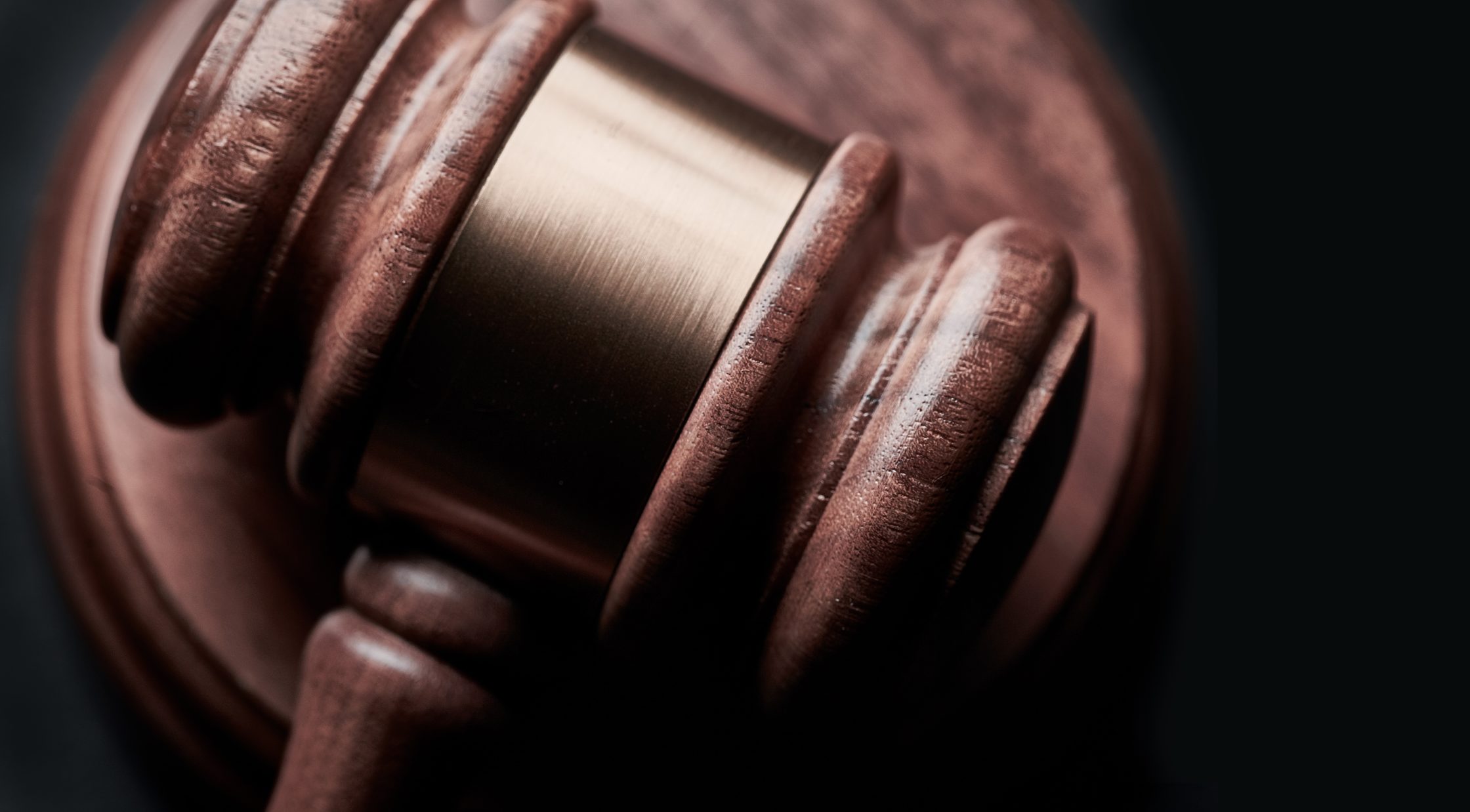Disputes over the insurer’s payment of compensation to the owner of a stolen car, which was insured against this risk, occur quite frequently. Below is a description of a specific case that ultimately ended up in court.
Many readers have probably encountered or may encounter the issue of receiving compensation from insurance companies. Currently, there are insurance options for almost all areas of personal and business life – from property insurance to the liability insurance of a company’s governing body.
Insurance law is a specific type of legal regulation. It should be noted that regardless of the type of insurance, insurance law is largely built on precedents in this field, which shape the main principles and trends of this legal area. Standard insurance terms also play a significant role, and they are modified depending on changes in insurance law.
Insurance companies’ standard terms are a kind of protective mechanism. The client cannot influence these terms – they can either accept them or reject them. Naturally, the insurance business is based on minimizing the risks and liabilities of the insurance company. Otherwise, if every case were covered, this business model would not make sense.
The standard terms of various insurance companies have been challenged in court multiple times and declared invalid because they contradicted the Law of Obligations. As a result, the court applied legal provisions instead of the standard terms.
Thus, the task of the insurance company is primarily to reduce its risks and often to avoid paying compensation to the insured.
In this regard, I would like to draw the reader’s attention to the latest ruling of the Supreme Court in case No. 3-2-1-171-13, which can be considered a new milestone in the protection of the rights of the insured, i.e., the weaker party in the insurance contract.
The context of the case is simple: a car was stolen, which was insured, among other things, against theft. The defendant (insurance company) refused to pay compensation. The question: Can this case be considered an insured event, and does the insurance company have a duty to pay compensation?
The courts of the first and second instance concluded that the insured was not entitled to compensation. The Supreme Court disagreed with the lower courts and explained its conclusions.
According to the general rule of judicial procedure, the plaintiff must prove, in order to receive compensation, that the car was stolen at a certain place, at a certain time, and under certain circumstances.
However, according to the Supreme Court, there are exceptions to this general rule. In line with the principle of good faith, the burden of proof may shift to the insurance company. In the case of theft, there may be no traces (as in the case of a fire), and there may be no video footage or witnesses, making it difficult or impossible for the insured to prove the theft of the car, except through their testimony or that of relatives. The court applied Section 448(2) of the Law of Obligations, which states that the insurance company may only demand evidence to the extent that the insured can reasonably be expected to provide it. Otherwise, the insured’s ability to prove their case would be significantly limited.
According to the insurance contract, the insured had to provide the insurance company with the keys to the stolen car. Therefore, the second question in this case was who must prove that the provided keys were indeed the keys to the stolen car. The Supreme Court ruled that if there are suspicions that the provided keys are not the keys to the stolen car, the burden of proof lies with the insurance company. The Supreme Court disagreed with the lower courts’ opinion that the plaintiff (insured) had to prove the authenticity of the keys.
In summary, this civil case, reviewed by the Supreme Court, is noteworthy. It is positive that the court once again interpreted the situation in favor of the weaker party, i.e., the insured. The court rightly shifted the burden of proving the theft and authenticity of the keys onto the insurance company, as the weaker party often cannot prove negative circumstances (those that occurred but cannot be objectively proven).
In any case, as this ruling has shown, an entrepreneur or individual should fight these disputes to the end. It is to be hoped that a similar approach will be applied in future insurance cases, and the law will continue to evolve in favor of protecting consumer rights.
Autor: attorney Ilya Zuev
The article was published in “Delovye Vedomosti,” www.dv.ee.







